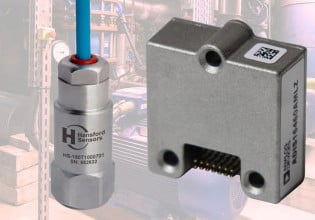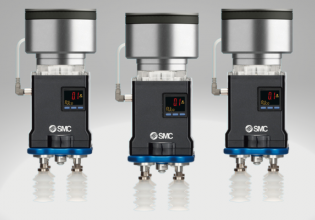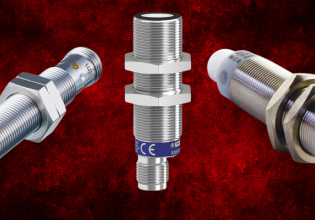D
Hello all. New here, and to control in general, and find this site quite informative!
Looking at creating my first "real" control network. I'm primarily responsible for the HMI, which I'd like to do in .NET (winforms, possible Flash UI, potential to do remote monitoring over the WWW). This is not just an industrial app - this thing has to look sharp.
The .NET stuff I can handle. In the past I've worked with Modbus over serial (RS-485), but now want to move onto "industrial ethernet". Will be communiting with some PLCs and some custom data acquisition hardware (which will also have to support whatever protocols we choose). I'm a little concerned about the .NET app talking to the network, and wondering if someone can share their experiences/advice.
I'm assuming the easiest thing I could do is implement Modbus/TCP, but true "industrial ethernet" seems to be so much more...
The root of Ethernet/IP seems to be this "Control and Information Protocol" (CIP) over TCP/UDP/IP. I assume that at a minimum, I could do standard TCP socket stuff (or UDP) in .NET and interpret the packets based on CIP, thus creating my own Application Layer (a la OSI)? Do I really need to pay the money to get this CIP spec, or are there libraries available (I'd sooner pay for libraries if they exist)?
We're also looking at ProfiNET, which seems to sit on top of CIP. Same question: do I have to pay to get the ProfiNET spec, or are there libraries available? I assume ProfiNET would hide the CIP details. Also, with ProfiNET, would I be needlessly limiting myself to Siemens gear (I know ProfiNET is "open", but it seems to be mostly Siemens)?
Thanks for reading all that. Hopefully someone had a similar experience and help me figure this stuff out - there only seems to be bits and pieces of this information available. Feel free to email me (or post here) if you have any specific questions about what I tried to explain here.
Hopefully someone had a similar experience and help me figure this stuff out - there only seems to be bits and pieces of this information available. Feel free to email me (or post here) if you have any specific questions about what I tried to explain here.
Thanks all!!
Derrick
Looking at creating my first "real" control network. I'm primarily responsible for the HMI, which I'd like to do in .NET (winforms, possible Flash UI, potential to do remote monitoring over the WWW). This is not just an industrial app - this thing has to look sharp.
The .NET stuff I can handle. In the past I've worked with Modbus over serial (RS-485), but now want to move onto "industrial ethernet". Will be communiting with some PLCs and some custom data acquisition hardware (which will also have to support whatever protocols we choose). I'm a little concerned about the .NET app talking to the network, and wondering if someone can share their experiences/advice.
I'm assuming the easiest thing I could do is implement Modbus/TCP, but true "industrial ethernet" seems to be so much more...
The root of Ethernet/IP seems to be this "Control and Information Protocol" (CIP) over TCP/UDP/IP. I assume that at a minimum, I could do standard TCP socket stuff (or UDP) in .NET and interpret the packets based on CIP, thus creating my own Application Layer (a la OSI)? Do I really need to pay the money to get this CIP spec, or are there libraries available (I'd sooner pay for libraries if they exist)?
We're also looking at ProfiNET, which seems to sit on top of CIP. Same question: do I have to pay to get the ProfiNET spec, or are there libraries available? I assume ProfiNET would hide the CIP details. Also, with ProfiNET, would I be needlessly limiting myself to Siemens gear (I know ProfiNET is "open", but it seems to be mostly Siemens)?
Thanks for reading all that.
Thanks all!!
Derrick






